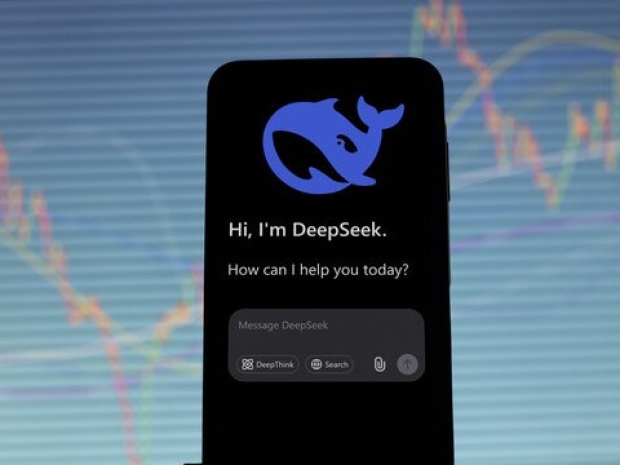State Department spokesman, senior official, said “We understand that DeepSeek has willingly provided and will likely continue to provide support to China’s military and intelligence operations. This effort goes above and beyond open‑source access to DeepSeek’s AI models.”
DeepSeek handed user data straight to Beijing’s surveillance state while relying on the legal obligation under Chinese law to provide data on demand, he said. This will raise eyebrows for DeepSeek's tens of millions of global users.
Lawmakers have warned that DeepSeek “transmits American users’ data to China through backend infrastructure connected to China Mobile” which is state‑owned.
The company’s name crops up more than 150 times in procurement records tied to the PLA and other defence bodies. The senior official added that DeepSeek “provided technology services to PLA research institutions.”
The outfit has been busy gaming US export curbs, apparently acquiring volumes of Nvidia’s coveted H100 AI chips that remain barred from China since 2022. The official claimed DeepSeek used shell companies in Southeast Asia to access US chips remotely.
Nvidia’s spokesman said “With the current export controls, we are effectively out of the China data centre market, which is now served only by competitors such as Huawei.” he added that Nvidia believes DeepSeek used “lawfully acquired H800 products, not H100.”
Singapore has already charged three men with fraud in a case allegedly linked to shipping Nvidia chips to DeepSeek. Malaysia’s trade ministry is probing whether Chinese‑linked servers in the country are being used for large language model training.
DeepSeek has previously claimed its DeepSeek‑V3 and DeepSeek‑R1 models match OpenAI and Meta’s best work at cut‑price compute spend of US$5.58 million (€5.12 million). But experts have raised scepticism, calling the price tag “unlikely” and suggesting actual costs were far higher.

